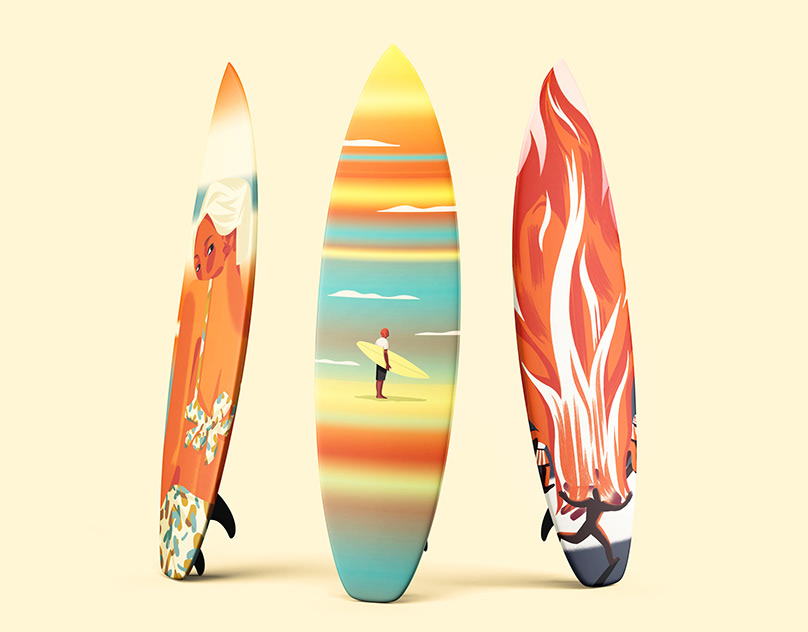Dogs are Better than People?
“Dogs may not be our whole life, but they make our lives whole; no other creature who lives by man’s side is as unconditional as a dog.”
~ Alysha Lee
When someone googles the definition of a dog, they will come across many different definitions.
1. A domesticated carnivorous mammal that typically has a long snout, an acute sense of smell, non-retractable claws, and a barking, howling, or whining voice.
2. A person regarded as unpleasant, contemptible, or wicked (used as a term of abuse).
“George, you sly dog.” “Come out here, Fred! You’re such a dog!”
3. *Verb* follow (someone or their movements) closely and persistently.
“The paparazzi dog her every step.” “He dogs his prey, like a wolf in the night.”
I personally don’t understand why the word we use to name a creature so filled with love, when properly cared for and raised, is also used to describe someone who is considered to be a “player” or unpleasant person. Upon observing the many different ages, breeds, and sizes of dogs; as well as talking to their owners, I’ve discovered that I’m not the only one who doesn’t understand it. One person, who wished to not be named, said this, “Most dogs know their own strength more than most humans, and when two puppies fight, they are playing. When it comes to humans, play fighting tends to lead to wars.”
In other words, while humans. Continue to be cruel to each other, dogs generally know when to stop, and for most, one warning is all it takes. While at the dog park, I witnessed a puppy, who was still learning what “stop playing with me” meant get upset when their playmate walked away; in response to this puppy’s sorrowful noises, my own dog, who is still considered to be a puppy herself, got up from where she was resting and played with the pup in an attempt to comfort him. How many people do you know who would comfort a total stranger? How many times have you done all you can to avoid confronting a stranger who is upset?
Of course, not all dogs are kind, but the way a dog acts is normally a reflection of the person who raised them. Many people who have dogs refer to them as their kids, and others make the joke that having a puppy is like training for a child. Despite the jokes that are formed around owning a puppy or dog; they aren’t far off from the truth. Just like babies, dogs are born innocent and blank, like freshly fallen snow, and it’s what they are taught that defines their behaviour.
At the same dog park that my dog comforted a younger dog, there are many digs who are the same breed, and same age, and despite some of their similar characteristics, no two dogs are the same. This is a mixture of the personality that the dog has, and how they are raised. When Mize, my dog, was six months, all she knew was sit, lay down, and how to go to the bathroom outside, and that was because I was a new dog owner. Another dog, who was also six months, knew how to sit, lay down, stay, speak, shake paw, roll over, and go to the bathroom outside, but unlike me, her owner has had many dogs, and trained them for dog shows.
While taking pictures of, and observing dogs interacting, the more I learned that there is a lot that we, as humans, teach our pets, but there is also so much more that our pets can teach us. Some dogs can even get along with another species; after all, many dogs live with cats. In the end, dogs are loyal, trusting, full of love, and extremely forgiving.
Below are photos of the large dog park, filled with all the things dogs need to have fun. The sign says, "Tired dogs, happy people." As much as dog owners love their dogs, sometimes they can be a handful.






















Here is is my cat, T'Challa, giving Mizu a bath (getting along with a cat), and Mizu trying to sleep with her stuffed animal tucked under her. (sleeping like a small child.)


